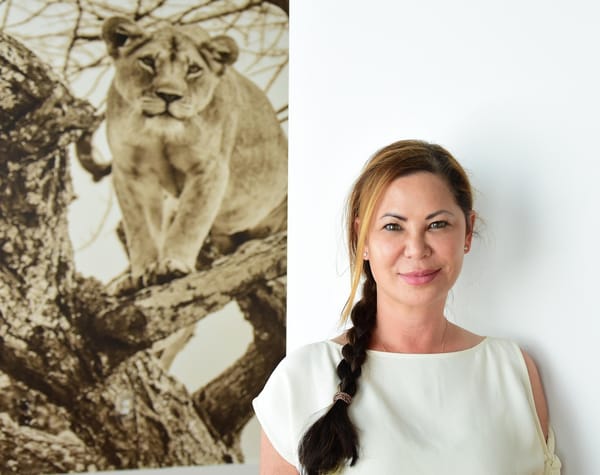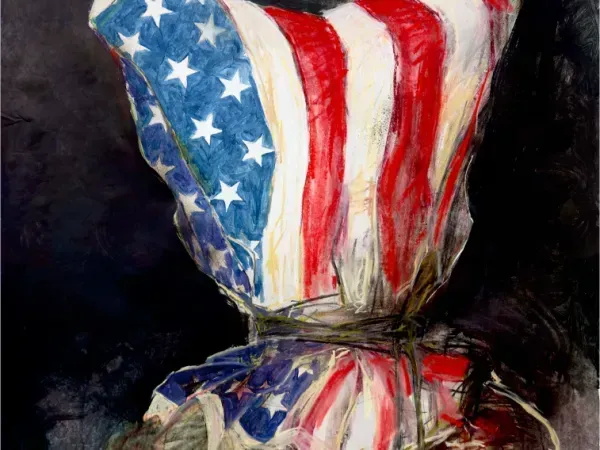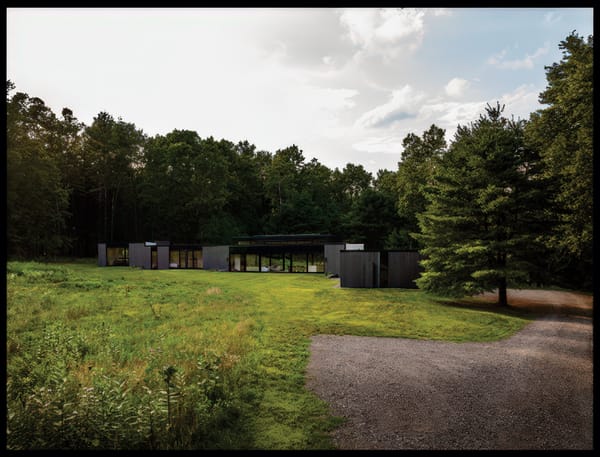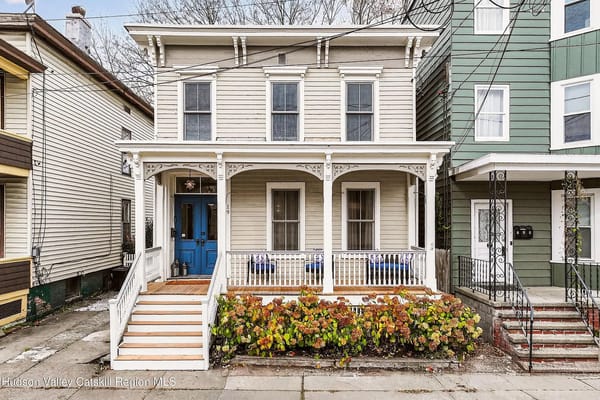Mother's Day, like every other day of the year, is bittersweet for Tracy Seckler. The high-energy, one-time elementary school teacher lives in a 200 year-old-farmhouse in South Egremont, MA, with her adoring husband, Benjamin (a doctor whom she met when they were both undergraduates at Harvard), and their three winsome, curly-haired children: Sammy, 9, Charley, 8, and Maisy, 4. To say that she's a devoted mother would be an understatement. Tracy thinks about her children all the time, especially Charley (left), who was diagnosed with Duchenne Muscular Dystrophy (DMD) when he was three and Tracy was pregnant with Maisy. "We learned right away that there was no treatment or cure for DMD, which is the most common type of the nine types of muscular dystrophy," she says with a sense of fresh disbelief five years later. She explains that DMD is a genetic disease which is always fatal, and that few boys with DMD live past their teens. "What was shocking was that we learned that scientists know exactly what causes it, but they couldn't get funding for research to cure it. DMD is considered an 'orphan disease' because it affects fewer than 200,000 people." The Secklers immediately put their Harvard educations and connections to work to learn everything about DMD, which affects one in 3,500 boys worldwide. "It was the only thing to do," says Tracy, who now devotes most of her waking hours to their not-for-profit Charley's Fund. The Secklers found that there were several scientists on the brink of finding ways to slow or treat the disease but that no clinical trials were underway. The Secklers decided that they could have the most impact by providing the funding for "translational research" projects that would move the science from the lab to clinical trials, which is when the venture capitalists and pharmaceutical companies are willing to step in with major money. The Gift of HopeThe Charley's Fund Gift Catalog is full of irresistable items designed in the Berkshires that support research into a cure for Duchenne Muscular Dystrophy.
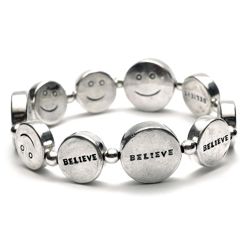
Believe Bracelets by GoodCharma of Housatonic, MA, in sterling silver $150; youth size $135; gold vermeil version $250; youth version $235
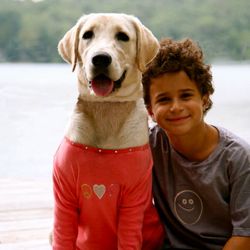
Charley wears a kids' grey t-shirt embroidered with the smiling Charley's Fund logo, $25; the Secklers' dog, Stella, wears a girl's long sleeved "Peace, Love, Believe" t-shirt, $32
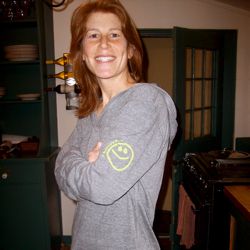
Tracy Seckler wears a lightweight grey hoodie with a neon green Charley's Fund logo on the sleeve, $35 "Our first investment was with Prosensa in the Netherlands, which needed $650,000," she says. "We drew up a list of 300 people and asked them for $5,000 each. Benjy understood the science and I had the perseverance." Now, four years later, the Secklers have raised more than $14 million to fund 18 different research projects from New Jersey to Australia. "We fund collaborations between academics and biotech companies," she says. "There are 18 projects, but that does not mean there are 18 potential treatments." With help from locals, Charley's Fund, has become a philanthropic brand with its own catalog (see sidebar) photographed by Jane Feldman of New Lebanon, NY. "Studio Two in Lenox designed our logo as a pro bono account and Pam Fink of GoodCharma in Housatonic, MA, created the Believe bracelets, which have created a lot of awareness—it's how a lot of people learn about what we are doing," she says. Tracy says the demographic makeup of our region has made it possible for her to grow Charley's Fund while raising her children in a close-knit country community. "You get the best of small town life with all the creative and financial connections of a big city," she says. "People have been very generous. There is no cynicism." Tracy is a hero to many people, including Suky Werman, who owns Stonover Farm in Lenox. "When faced with potentially devatating news Tracy became a social activist," says Werman. "I respect her enormously because she has marshalled her great intelligence and resources in the quest of a cure for Ducennes, but it's obvious that the Seckler family lives a full life. There is humor and balance and adventure.They draw strength from the family unit." Tracy, who is preternaturally exuberant, becomes quiet when asked how Charley is doing. "He's on a regimen with a lot of drawbacks," she says. "He takes twelve pills every morning. He takes herbal supplements. He takes something he calls the Yucky Drink. He wears night braces to keep his ankles at the right angle," she says softly. She would rather talk about Charley's Fund and the $3 million she is trying to raise so AVI Biopharma, a company in Portland, OR, can get to the point where it can get FDA approval for human clinical trials. If she can help her son, she says, then she will also help the 20,000 other children who have DMD. "It's too close to give up," she says. "Deep down, I know I wouldn't be doing this if I didn't believe we could have a real impact."


